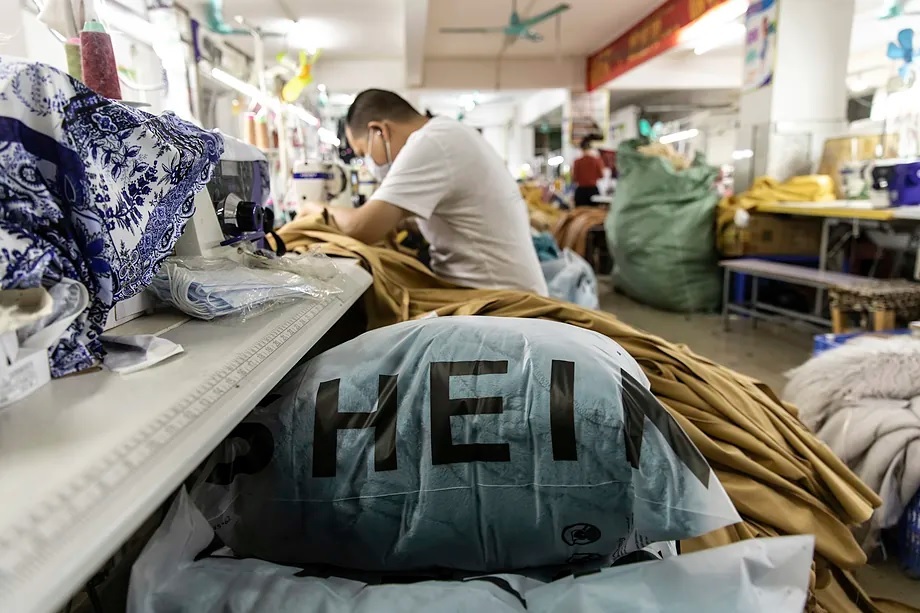The European Commission wants to impose a two-euro fee on all packages entering Europe from Chinese platforms like Shein and Temu, as they are exempt from paying tariffs due to their value being below 150 euros. This situation has caused a significant fiscal gap in the European Union, as purchases on these platforms have surged in recent years.
European Commissioner for Trade, Maros efovi, confirmed this proposal during a hearing before the European Parliament's Internal Market and Consumer Protection Committee, where he argued that this "flood of packages" poses a new challenge for control, security, and ensuring that all these products meet European standards. He clarified that this is not a new "tax" but rather a fee to "compensate" for the cost of managing the vast number of packages that customs authorities have to handle. "We are talking about two euros per package paid by the platform. And if it is for services offered by the warehouses where these packages are stored, it is even less, 0.50 euros."
Brussels aims to curb the avalanche of packages that saturate European customs every year. In the last year alone, nearly 4.6 billion small packages - valued at less than 150 euros - entered the EU territory, equivalent to an average of twelve million daily shipments, 91% of which came from China. This figure also doubled from the previous year and tripled from 2022. "Many of these goods have been found not to comply with European legislation," the European Commission stated in a press release, acknowledging that "an increasing number of harmful products are entering the EU."
Brussels has now put a figure on an initiative that was previously outlined in a document presented in February of this year, urging to expedite negotiations to adopt the proposal aimed at reforming the functioning of the Customs Union, which also included new measures such as this surcharge on small shipments.
Despite these figures, efovi assured that Brussels has designed its proposal in a way that is not 'discriminatory.' He explained that the new fee, to be levied on platforms, would be collected by customs authorities and subsequently transferred to the community budget. 'This is the mechanism we propose, but we are only at the beginning of the road,' warned the European Commissioner for Trade.
